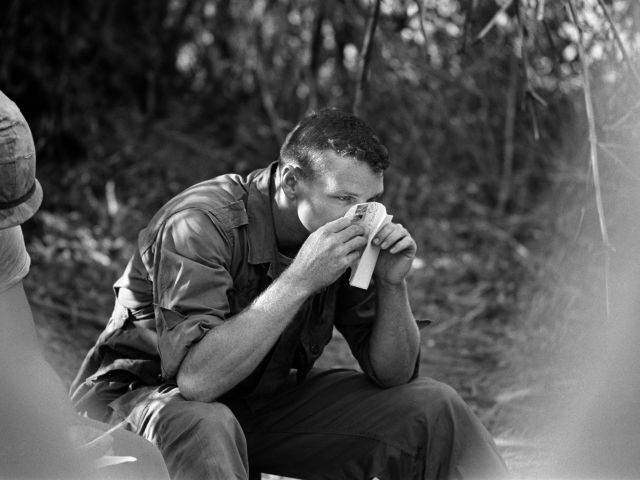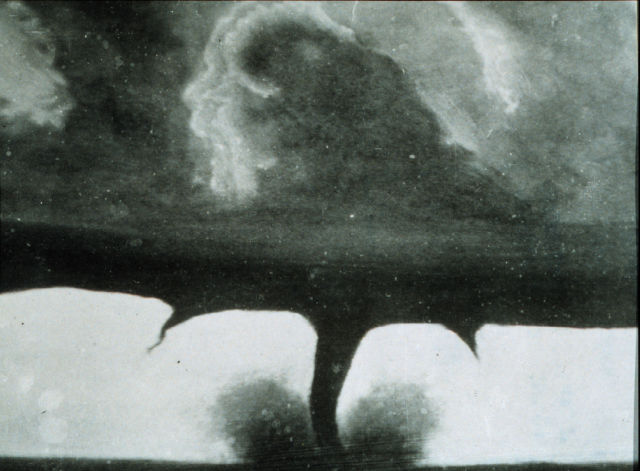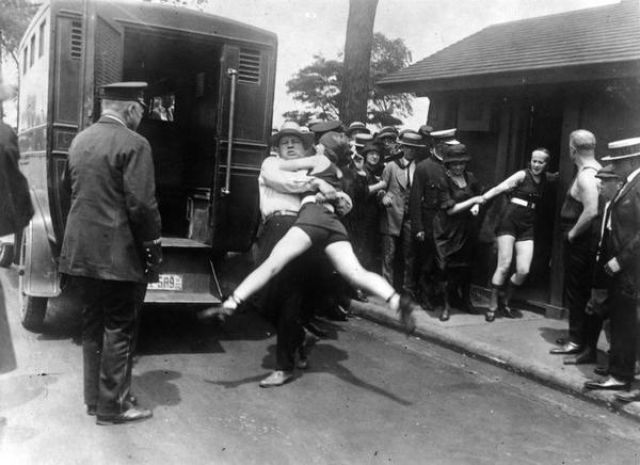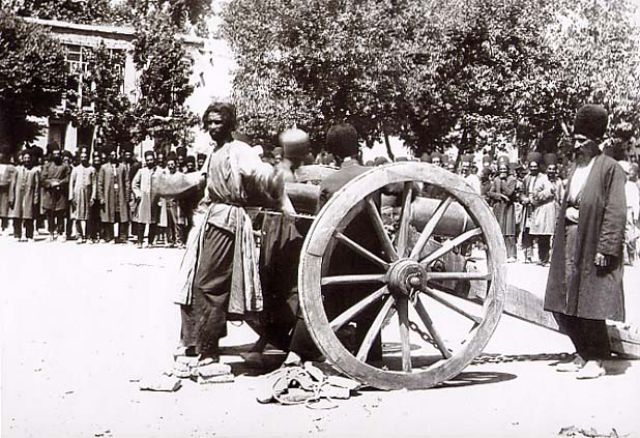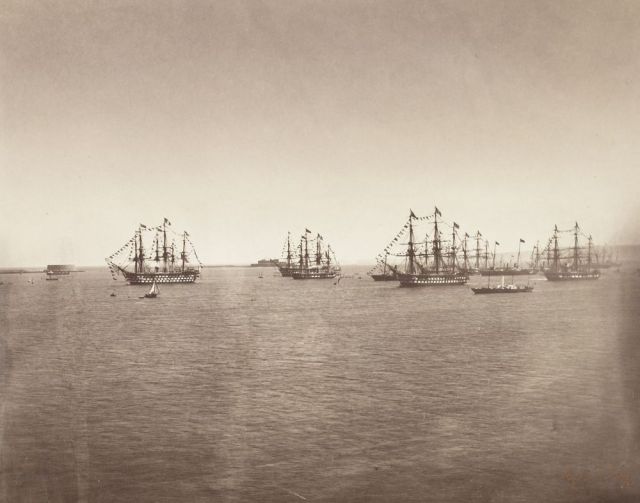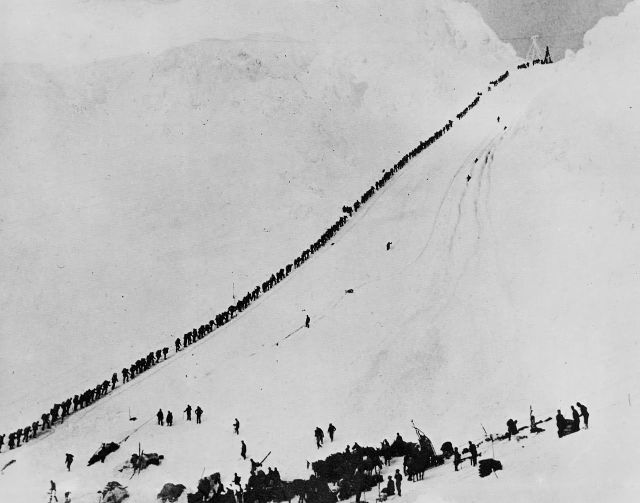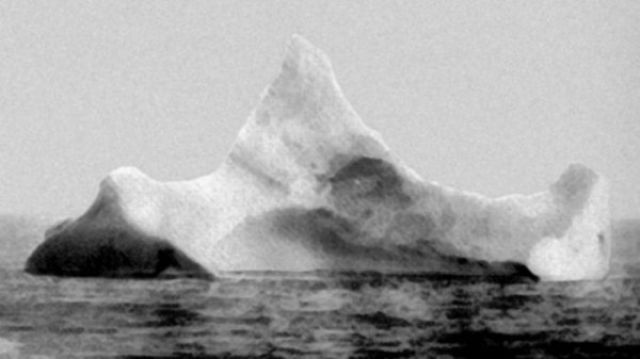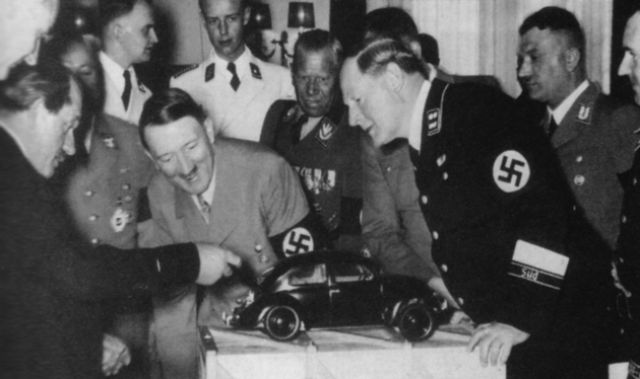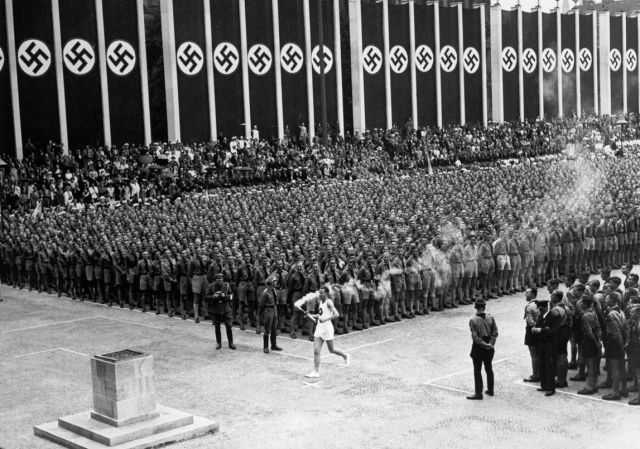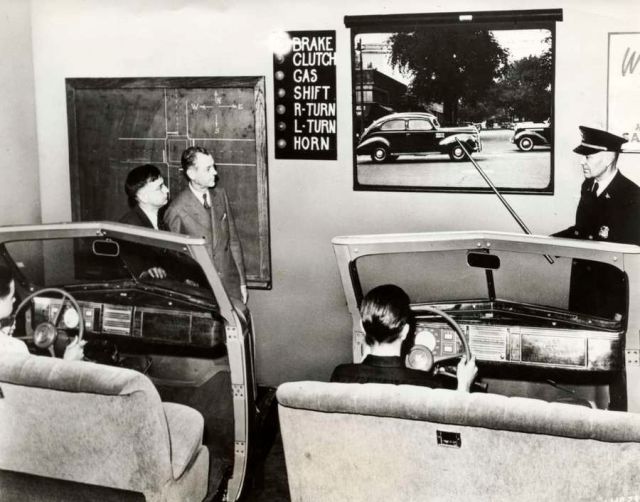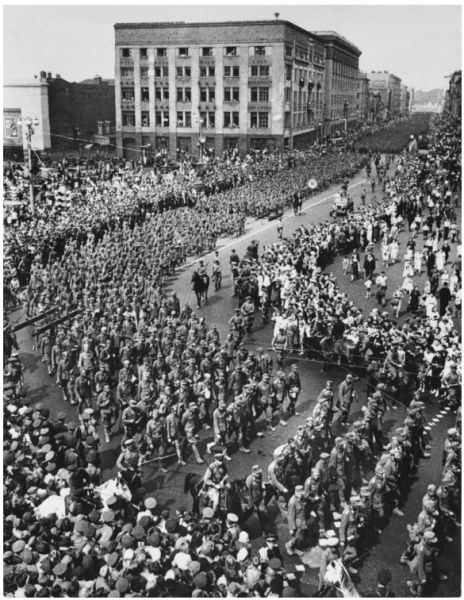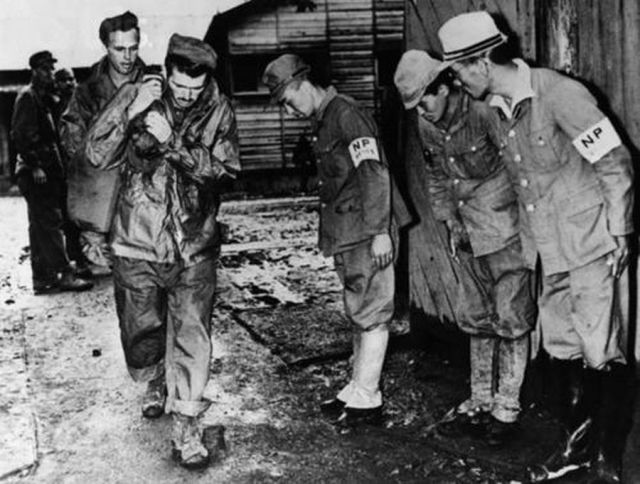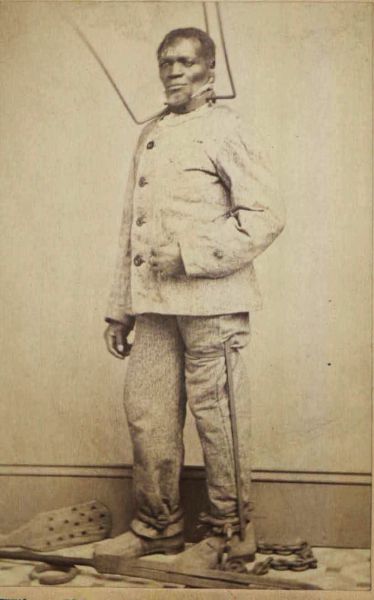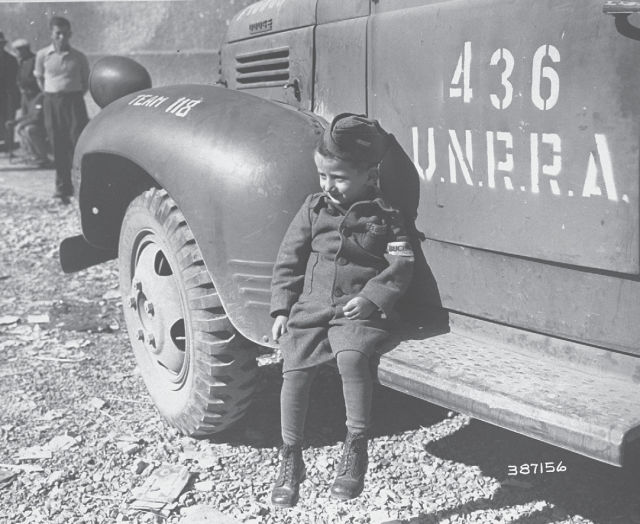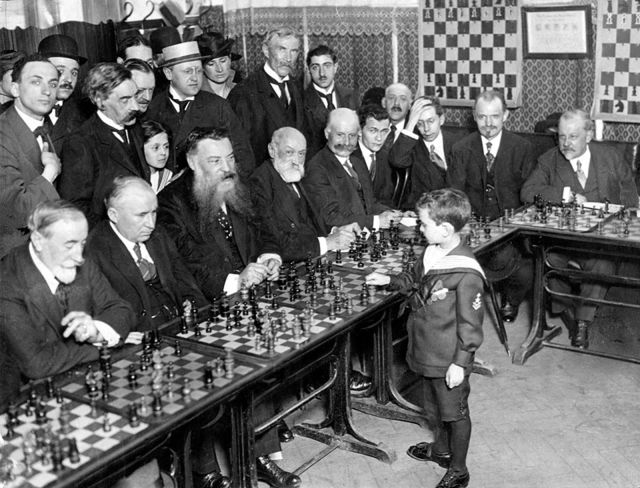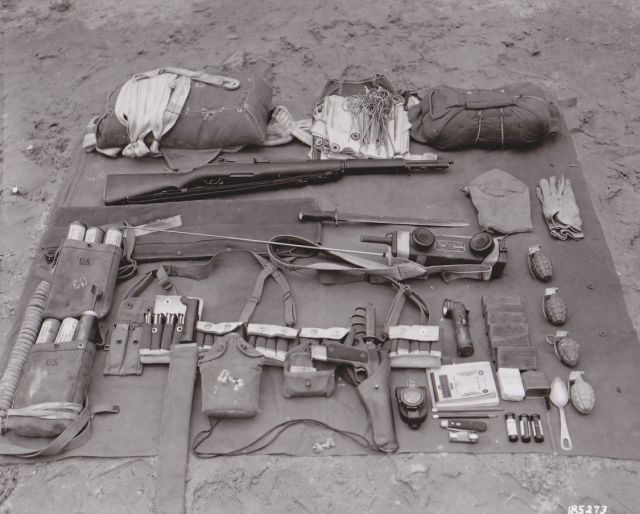PFC Richie sniffs at the delicate perfume of his girlfriend in Jay, Oklahoma, as he opens her letter in Vietnam, April 12, 1966
It was his one eccentricity. The pantyhose, he said, had the properties of a good-luck charm. He liked putting his nose into the nylon and breathing in the scent of his girlfriend’s body, he liked the memories this inspired, he sometimes slept with the stockings up against his face, the way an infant sleeps with a magic blanket, secure and peaceful. More than anything,though, the stockings were a talisman for him. They kept him safe. They gave access to a spiritual world, where things were soft and intimate, a place where he might someday take his girlfriend to live. Like many of us in Vietnam, Dobbins felt the pull of superstition, and he believed firmly and resolutely in the protective power of the stockings. They were like body armor, he thought. Whenever we saddled up for a late-night ambush, putting on our helmets and flak jackets, Henry Dobbins would make a ritual out of arranging the nylons around his neck, carefully tying a knot, draping the two leg sections over his left shoulder. There were some jokes, of course, but we came to appreciate the mystery of it all. Dobbins was invulnerable. Never wounded, never a scratch. In August, he tripped a Bouncing Betty, which failed to detonate. And a week later he got caught in the open during a fierce little firefight, no cover at all, but he just slipped the pantyhose over his nose and breathed deep and let the magic do its work.
It turned us into a platoon of believers. You don’t dispute facts. But then, near the end of October, his girlfriend dumped him. It was a hard blow. Dobbins went quiet for a while,staring down at her letter, then after a time he took out the stockings and tied them around his neck as a comforter.
“No sweat,” he said. “I still love her. The magic doesn’t go away.”
-The Things They Carried
Laika, the first dog in space. No provisions were made for her return, and she died there 1957
One of the sceintist had regrets about sending Laika into space. Oleg Gazenko
“Work with animals is a source of suffering to all of us. We treat them like babies who cannot speak. The more time passes, the more I’m sorry about it. We shouldn’t have done it. We did not learn enough from the mission to justify the death of the dog.”
Oldest known photo of a tornado, taken about 20 miles SW of Howard, South Dakota, United States. (August 28th, 1884)
How did pre-colonization, Midwest, Native Americans deal with tornados?
There is the account of Iseeo, a Kiowa informant to the anthropologist James Mooney. The Kiowa called tornadoes Mánkayía. Mánkayía was a great medicine horse, or a horse-like spirit.
Here is an excerpt from Iseeo’s account. Iseeo was a member of a war party returning from a raid against the Utes, when they encountered a tornado near the Washita River in Oklahoma.
Suddenly, the leader of the party shouted for the men to dismount and prepare for a hard rain. Soon, too, with the approaching cloud, lseeo recalled hearing a -roar that sounded like buffalo in the rutting season. Sloping down from the cloud a sleeve appeared, its center red; from this lightning shot out. The tremendous funnel tore through the timber bordering the Washita. heaving trees into the air.
Some of the young men wanted to run away, but the older, more experienced Kiowas knew what must be done. They called for everyone to try hard and brace themselves. The elders drew their pipes from saddlebags and lit them. They raised their pipes to the storm spirit, entreating it to smoke, and to go around them. The cloud heard their prayers, lseeo explained, and passed by.
Woman being arrested for wearing one piece bathing suit & showing a little leg. 1922 Chicago
Execution by cannon, in Shiraz, Iran, mid-late 19th century
The Royal Navy on the way home from France with Queen Victoria on board, who had just visited Napoleon III, 1858
Gold diggers marching through Chilkoot pass, the only way towards Dawson City, 1898
Iceberg that had red and black paint on it. They believe that this is the iceberg that sank the Titanic. Photographed in 1912
Porsche showing the model of the beetle to Hitler, 1930s
The Olympic flame arrives in Berlin, 1936
Driving class at Michigan Highland Park University, 1939
To demonstrate the superiority of the Red Army, 57.000 German prisoners of war are herded through downtown Moscow, July 1944
Japanese guards bow before US prisoners of war being released from a Yokohama detention center following the capitulation of Japan, 1945
Woodstock – The Opening Ceremony. Bethel, New York, 14 August 1969
Slave torturing devices. The collar may have been used to prevent him from escaping through narrow openings, like windows, etc, 1863
4 year old Joseph Schleifstein, who survived the Holocaust by being kept hidden by his father, from Nazi officials inside Buchenwald concentration camp, is seen here shortly after his liberation in April, 1945
Joseph Schleifstein (born March 7, 1941) is a Polish-born American who survived Buchenwald concentration camp at the age of four, one of the youngest to survive the Holocaust. He was hidden by his father in a large sack, enabling him to avoid detection by SS guards when arriving at the camp. Other prisoners helped his father keep him hidden and Schleifstein survived until the Americans liberated the camp. After the war, Schleifstein and his parents emigrated to the United States. He did not discuss his wartime experiences for decades, even with his children. His case was discovered by chance in 1999, leading to a search for him and an eventual newspaper interview.
Samuel Reshevsky, age 8, defeating several chess masters at once in France, 1920
Here’s a video of the moves he used to kick Charlie Chaplin’s ass at age 12.
Sign placed in front of the Memphis Zoo on Thursday, “Negro day”, the only day of the week that African Americans were allowed to visit, 195
Equipment carried by a parachutist radio operator, ca.1940’s

